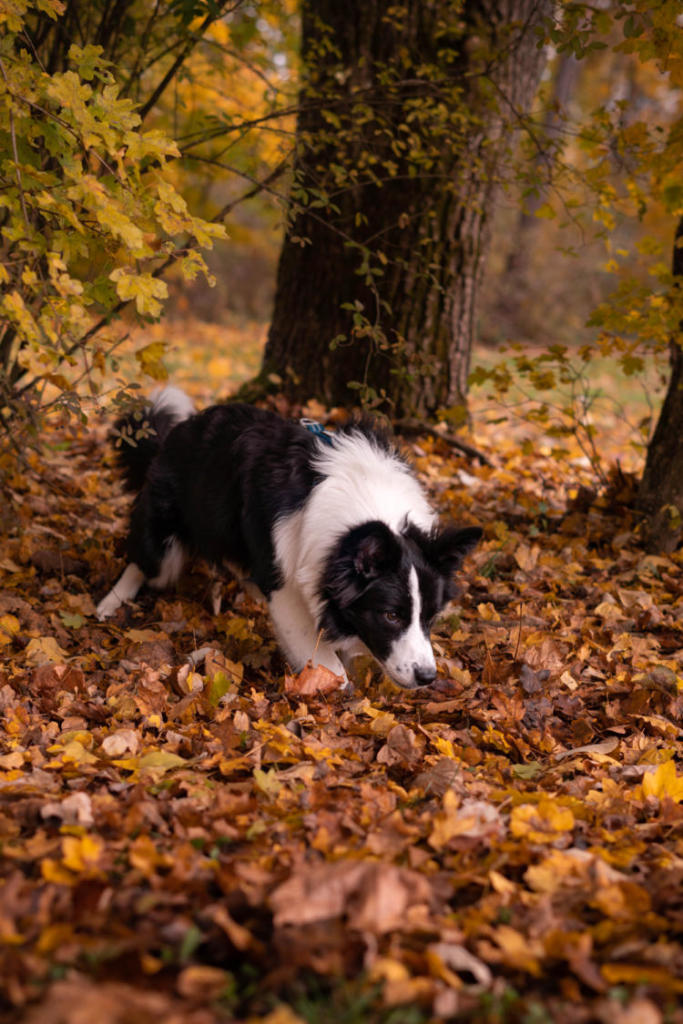“I have recently moved into a house with a large oak tree in the garden. Neighbours warn us that acorns are toxic to both my dogs and our handful of rare breed sheep in the paddock – should I be concerned?” Michael, Askham Richard
Hello Michael,
Yes! Acorns are indeed poisonous to dogs, livestock and horses, amongst some other animals. Poisoning occurs when animals ingest acorns, which contain tannins and phenols that can cause kidney and liver damage. Symptoms, which vary by species, can include lethargy, appetite loss, colic, constipation or diarrhoea, dehydration, and sometimes signs of kidney failure or mouth ulcers. The condition is especially dangerous after autumn storms or heavy acorn falls, particularly for cattle, sheep, and horses, and requires immediate veterinary attention, with treatment focusing on supportive care like fluid therapy and attempts to reduce toxin absorption.
For pet owners, dogs are the prime victims. Even small amounts can cause vomiting, diarrhoea, lethargy, abdominal pain, and in severe cases, acute kidney failure. Cats are less prone but not immune, especially if they’re outdoor explorers. Indiscriminate snackers such as labradors and retrievers might munch through handfuls, mistaking them for treats – so watch out. Symptoms often hit within hours: watch for drooling, refusal to eat, or bloody stools. If your dog ingests some, don’t wait – induce vomiting only under vet guidance, and come in for fluids and blood tests immediately.
Your neighbour is correct – your sheep are also at risk. If you are unable to graze your sheep elsewhere, fence off the area below your oak, but also be very wary of storms, which may blow acorns beyond your fencing and into the reach of your flock. Rake up any acorns after such weather events and keep a close eye on the situation.
You do not mention horses, however, horse owners, take note: Equines browsing in oak-lined paddocks are at high risk. Acorns appeal when grass is sparse and contain tannins, like gallotannin and tannic acid, which can bind to proteins and lead to renal failure. Ponies and donkeys seem more sensitive, with cases spiking after autumn storms.
Across all clients, the mantra is prevention: rake up acorns, monitor pastures, and educate family on risks. If you walk your dogs in woodland or other areas with heavy acorn dropping, it may be a good idea to use a muzzle on your dog or give them a toy to hold whilst walking through that area. No “safe” amount exists; toxicity varies by animal size, health, and acorn maturity (with green acorns being more toxic). If you suspect ingestion, note the amount and time, then call us immediately – early detox boosts survival to 80-90%.
For further information, or if you suspect acorn poisoning, contact us on 01765 602396.
By Issie Starkey












Add a comment